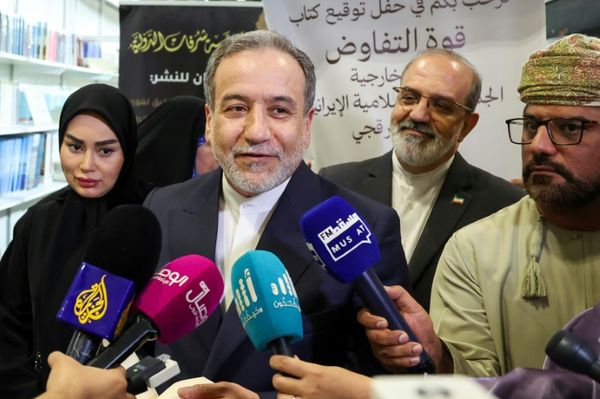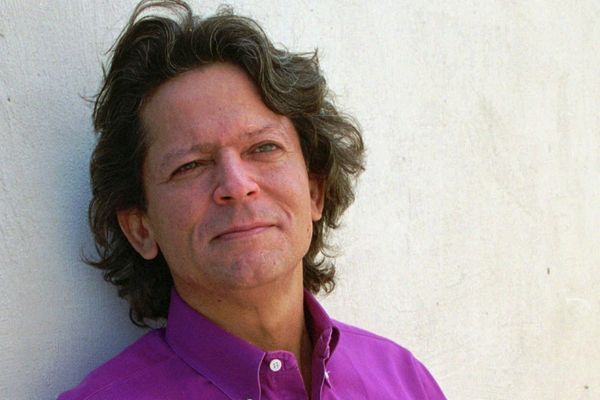
On February 28, Allen & Unwin officially launched The Millionaires’ Factory, a book by finance journalists Joyce Moullakis and Chris Wright billed as “the inside story of how Macquarie Bank became a global giant”.
The launch led to the usual author interviews with the likes of Radio National’s Drawing Room, The Australian Financial Review’s exiting Chanticleer columnist Tony Boyd wrote a glowing review and The Daily Mail predictably beat up some revelations about lunch-time strip club visits — plus focused on the handful of 100,000-plus current and former Macquarie employees who fell foul of the law. Wright also produced this detailed review for his main employer at Euromoney.
However, not enough of the published material thus far grasps the significance of the long overdue on-the-record observations by the more than 100 bankers who helped create what is now a $70 billion global juggernaut.
The book is jaw-dropping in part because Macquarie has such an extensive track record of saying as little as possible. Until Nicholas Moore retired as CEO in 2018, no annual report or results presentation ever included a picture of a banker.
Similarly, former Herald Sun business journalist Lisa Jamieson has been named at the bottom of Macquarie ASX announcements and press releases for more than 20 years, but she’s rarely ever directly quoted anywhere, even as an anonymous spokesperson.
Agreeing to give access to current and past employees was a massive tactical change from Macquarie, which has commendably added significantly to the public knowledge of a unique national institution.
For instance, we learnt that Macquarie’s great offshore expansion, started by Allan Moss in the late 1990s, probably wouldn’t have happened if his predecessor Tony Berg, who was more conservative and Australia-focused, hadn’t departed to become CEO of Boral in 1994.
Macquarie rarely publicly discloses what it pays or receives when buying and selling assets, though the authors give credit to the purchase of Houston-based Constellation Energy for Macquarie’s remarkably profitable US gas-trading business. This February 2009 acquisition announcement typically concludes with the line: “Financial details of the transaction were not disclosed.”
We also gained insight into how the political class dealt with and viewed Macquarie.
For instance, how much did we previously know that Paul Keating, then treasurer, gave Macquarie its foreign banking licence in 1985 and was then hired by the bank a decade later to assist with its China expansion? Former Macquarie property boss Bill Moss is quoted as follows:
Keating was so well connected to China. He got me in front of Chinese premier Zhu Rongji. We went in to talk about securitisation and sat there for a couple of hours and these two talked about world issues. Everything from Taiwan to US politics. Watching him in action was a remarkable experience; he is a brilliant, charismatic communicator and motivator.
As we all watch Keating defend the Chinese junta to the last, it would have been useful to find out roughly how much Macquarie paid him, over how many years and for assistance in which areas. Perhaps that will come out one day when Keating is called before some form of inquiry or parliamentary committee to detail his extensive commercial China-related dealings with a wide range of entities, including the Bank of China where he long sat on its international advisory committee.
The interview with another former treasurer, Peter Costello, was also newsworthy, with him baldly stating that Macquarie pushed the envelope on tax-exempt infrastructure bonds “to within an inch of their life”, so much so that he had to close the rort down.
But Costello was impressed that Macquarie later became the world’s biggest infrastructure investor: “I didn’t like my tax system being gamed, but I wasn’t so worried by them doing it to other countries.”
Most observers agree that the 1999 purchase of BT was Macquarie’s most important company-making move. This ASX announcement at the time foreshadowed that it would cost approximately $100 million. Strangely, the authors claimed on page 100 that “the details have never been disclosed but Allan Moss recalls ‘we basically got it at book value’. It is thought that Macquarie paid about $100 million.”
Oliver Yates, the long-time Macquarie banker turned 2019 independent challenger against Josh Frydenberg in Kooyong, is quoted in the book decrying the BT deal because “the organisation was politics free until we bought BT … the old Macquarie family were completely blindsided by this game … It was kind of like they infected us with a virus.”
Former Macquarie deputy chair Mark Johnson also paints their traders as cowboys, telling the authors: “We found that the BT dealers exceeded their limits almost as a matter of nonchalance because they had a big brother behind them that hadn’t enforced discipline.”
However, the authors go on to detail how numerous long-term vital staffers at Macquarie, such as current CFO Alex Harvey, came from the 450 people they successfully retained from BT’s pool of 900 available employees.
Ironically, only two of BT’s 11-person executive committee joined Macquarie. Peter Warne wasn’t one of those, but he was made redundant, making it ironic in the extreme that he later made it on to the ASX board in 2006 — which then led to an invitation to join Macquarie’s main board in 2007 before he chaired the whole show from 2016 until 2022. What other company chairman has previously been made redundant by the same company?
I asked Warne to get behind a book project to tell Macquarie’s story at the 2021 AGM, but he dismissed the idea in the following terms: “Our focus is really on running the business and meeting our obligations to clients, shareholders, staff and the community. We think we’re best to deliver the right outcomes for our shareholders by running the business and focusing on our obligations rather than writing a book.”
Thankfully, two journalists came along and did what the bank wouldn’t commission and we’re all better off for it.
Now, is anyone prepared to write the book on biotechnology company CSL? That’s another Australian global success story that really should be properly told.







